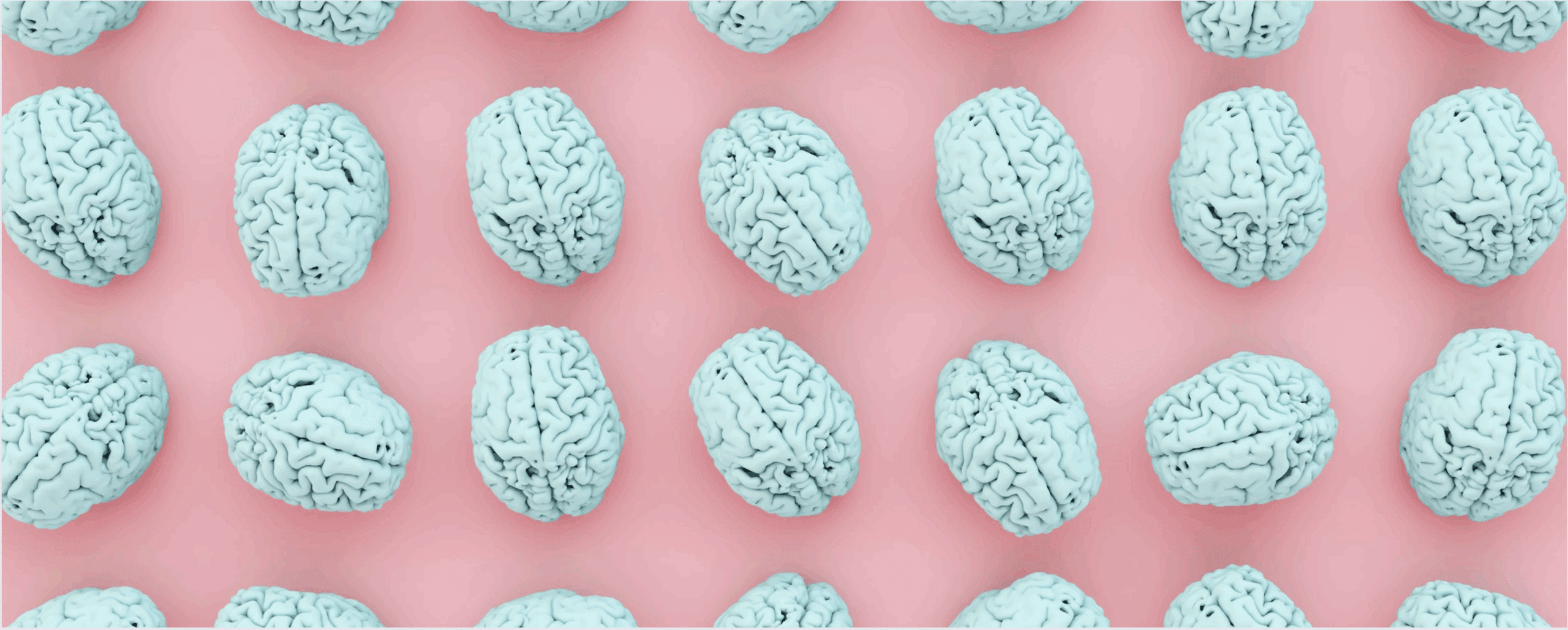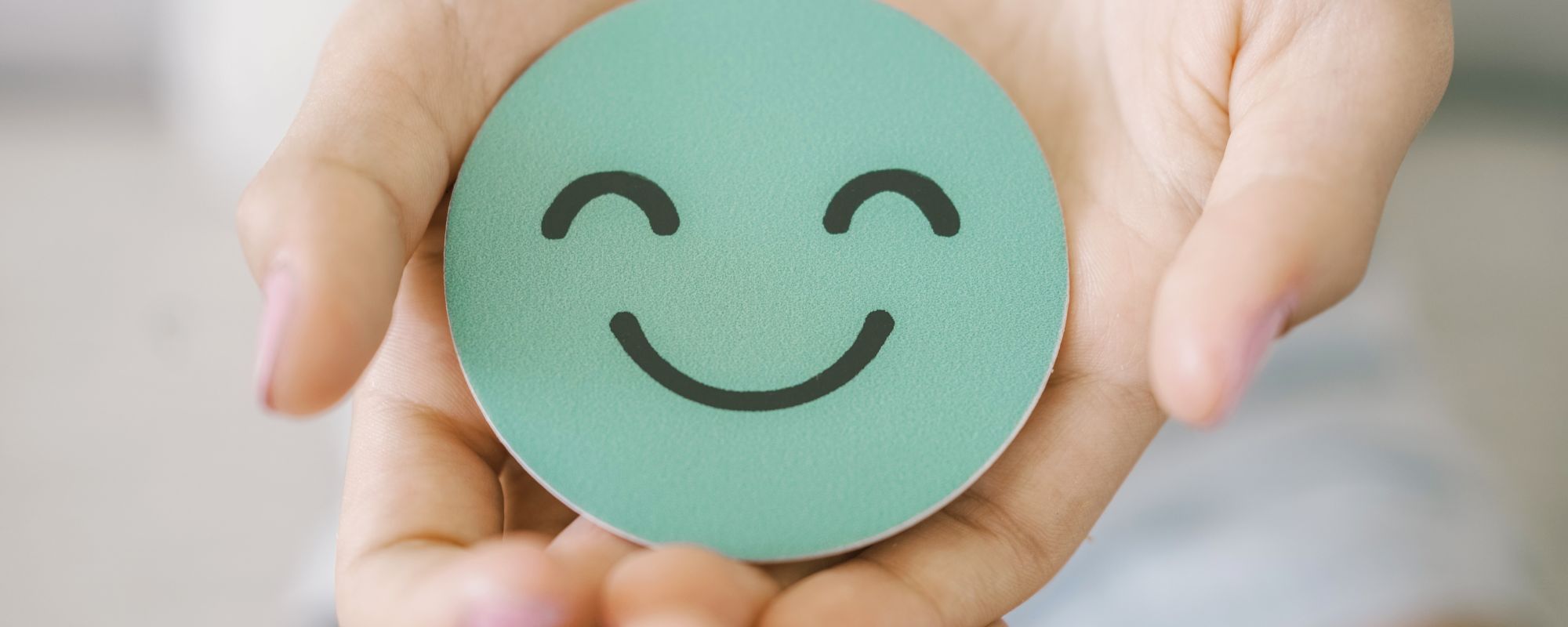Mental health refers to our emotional, psychological, and social well-being. It impacts how we think, feel, and act. Mental health treatment helps people manage conditions like depression, anxiety, bipolar disorder, and more. Inpatient treatment or residential mental health treatment involves intensive care in a residential facility.
What Is Mental Health?
Mental health is one of the building blocks of our overall well-being. It refers to our emotional, psychological, and social wellness and encompasses our thoughts, feelings, and behaviors. Simply put, it’s how we think, feel, and act in different situations. Just like physical health, mental health plays a significant role in our daily lives, affecting our relationships, work, and overall quality of life.
What Promotes Good Mental Health?
A healthy mental state doesn’t mean being free from all challenges or stressors. Instead, it involves having effective coping mechanisms and resilience to navigate life’s ups and downs. Just as we take care of our bodies by eating well and exercising, we must also nurture our mental health. This involves maintaining a positive outlook, practicing self-care, and seeking support when needed.
Why Do Some People Experience Mental Health Challenges?
Mental health is not a one-size-fits-all concept. Instead, it varies from person to person. Each of us has a unique mental health journey, shaped by our genetics, upbringing, experiences, and the environment we live in.
It’s important to understand that mental health is not just about being happy all the time. It’s a complex spectrum of emotions, thoughts, and behaviors that can fluctuate throughout our lives. Some days, you may feel content and in control, while other days you may struggle with overwhelming feelings of sadness or anxiety. For this reason, experiencing mental health challenges is a common part of the human experience.
While good mental health allows us to cope with life’s challenges and reach our potential, poor mental health isn’t the result of laziness or a lack of effort. It’s also important to remember that struggling with mental health issues isn’t a character flaw or defect. The way an individual reacts to these challenges can vary depending on a variety of factors like genetics, brain chemistry, or a history of mental illness. Mental health issues can also be situational, often impacting people during stressful times like major life changes.
However, those who struggle to cope with mental health challenges are at a greater risk of developing more severe and long-lasting mental health conditions. This highlights the importance of seeking help and support for mental health issues.
What Is Mental Illness?
Good mental health allows us to cope with life’s challenges, build relationships, and reach our potential. Poor mental health can occur due to various factors like trauma, genetics, or brain chemistry.
Unfortunately, mental illness is far more common than you might think. In 2001, one in five U.S. adults (22.8 percent of U.S. adults) reported experiencing mental illness. People who develop mental health disorders often require professional help when it starts to disrupt their daily life.
Common mental health disorders include:
- Depression – Feeling extremely sad or hopeless for long periods
- Anxiety – Excessive fear or worry that interferes with activities
- Bipolar disorder – Experiencing both depressive and manic episodes
- Schizophrenia – Having hallucinations, delusions, disordered thinking
- Post-Traumatic Stress Disorder (PTSD) – Reliving trauma through flashbacks, nightmares, and anxiety
- Obsessive Compulsive Disorder (OCD) – Having intrusive thoughts that cause repetitive behaviors
It’s important for anyone struggling with these disorders to seek help for mental illness. Whether you choose an outpatient or inpatient mental health program, you can receive personalized treatment to address your unique symptoms and needs.
Get confidential help from our addiction and mental health treatment facilities located across the United States. Call to join one of our quality programs today!
Speak With Our Admissions TeamWhat Is Inpatient Mental Health Treatment?
Inpatient mental health treatment involves staying at a facility 24/7 while participating in intensive programming. It’s also called residential mental health treatment and is typically offered by psychiatric hospitals, specialized mental health facilities, and dual-diagnosis centers.
This level of care is reserved for individuals who require round-the-clock monitoring, support, and a structured environment to address their mental health concerns effectively. Inpatient mental health treatment facilities remove distractions and provide constant care.
Inpatient mental health services include:
- Medication management and medical monitoring
- Individual and group counseling sessions
- Workshops teaching wellness skills
- A structured daily routine and healthy environment
Holistic mental health treatment centers take a whole-body wellness approach, considering not only the mental and emotional aspects but also physical, social, and spiritual well-being. In holistic centers, each patient receives a personalized mental health treatment plan, which may include a combination of traditional therapies like counseling and medication alongside complementary therapies such as yoga, meditation, art therapy, and nutrition counseling. The goal is to address the root causes of mental health issues and promote overall balance and wellness.
Inpatient vs. Outpatient Treatment for Mental Illness
In general, outpatient mental health treatment programs offer more flexibility but less support than inpatient treatment centers for mental health which are recommended when someone needs close supervision and guidance.
Inpatient treatment is recommended for those who are struggling with severe mental health issues that require intensive care. This type of program provides 24/7 care and support within a structured environment. For this reason, clients can focus solely on their recovery without the distractions and stressors of their daily lives. Inpatient mental health treatment programs typically involve a combination of therapy, medication management, educational workshops, and other therapeutic activities.
On the other hand, outpatient treatment is often used for individuals who have mild to moderate mental health issues and are able to function relatively well in their daily lives. These types of programs allow clients to continue working, attending school, and maintaining their regular routines while receiving treatment. Outpatient mental health treatment programs can include therapy sessions with a licensed therapist, group therapy sessions, medication management appointments, and other forms of support as needed.
Both outpatient and inpatient treatment have their own benefits, and it is important for individuals to work with a mental health professional to determine which option is best for them.
Why Should I Get Mental Health Treatment?
Just as we seek medical care for physical issues, addressing mental health challenges is equally as important. Mental health treatment can help you better understand and manage your emotions, thoughts, and behaviors. It offers valuable tools and coping strategies to navigate life’s challenges, reduce symptoms of mental health conditions, and enhance your relationships and daily functioning. Moreover, seeking treatment is a sign of strength and self-care, allowing you to prioritize your mental health and work toward a happier, healthier future.
Benefits of mental health treatment include:
- Alleviating symptoms making life difficult like constant anxiety or sadness
- Building skills to manage stress, emotions, and behaviors
- Regaining joy and purpose in life
- Resolving trauma, processing grief, and healing
- Preventing mental health disorders from worsening
Getting substance abuse treatment can also benefit mental health, as many people self-medicate psychological distress with drugs or alcohol. Treating both substance use and mental health disorders together, also known as dual diagnosis treatment, often leads to better results.
How Do I Choose a Treatment Center for Mental Health?
When looking into inpatient treatment centers for mental health, consider:
- Your specific diagnosis, symptoms, and needs
- The facility’s treatment approach and services offered
- Staff expertise and credentials
- Location
- Program length and aftercare planning
- Payment options and insurance coverage
- Overall environment
- Peer reviews and success rates
Ultimately, the right treatment center will align with your needs, values, and aspirations, setting you on the path to improved mental health and well-being. By starting the admissions process into mental health treatment, you can take the first step toward healing your mind and regain control over your life.
Looking for quality treatment for substance abuse and mental health that’s also affordable? Aliya Health Group's treatment facilities accept most major insurance providers. Get a free insurance benefits check now!
Check Your CoverageMental Health Treatment at Aliya Health Group
At Aliya Health Group, our goal is to turn your personal motivation into lasting recovery through evidence-based, integrated therapy and distinct levels of care. Your mental health treatment plan will be tailored to meet your specific needs and goals, taking into account important aspects of your life such as living environment, family dynamics, work obligations, and realistic time commitments.
Our mental health treatment facility in New Jersey provides comprehensive care that focuses on delving deep into the root motivators behind mental health issues.
Our mental health treatment includes:
- 24-hour medical monitoring
- Medical progress evaluations with a doctor
- Intensive clinical programming with psychotherapy every day for 5+ hours/day
If you or a loved one is struggling with a mental health disorder, know that there is help available. If you are considering inpatient mental health treatment, we are available to answer any questions you may have. To get a free, confidential consultation, call us at 888-973-2078. You can also reach out through our secure, online contact form.















